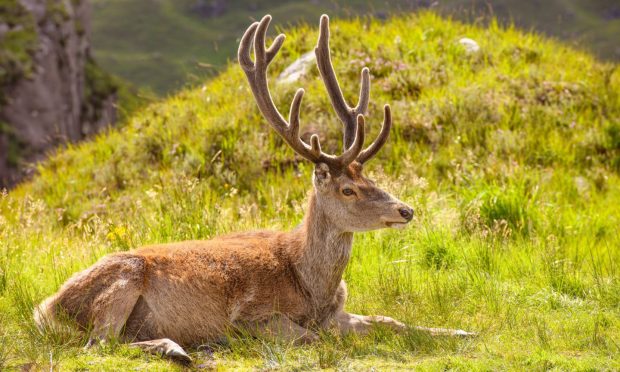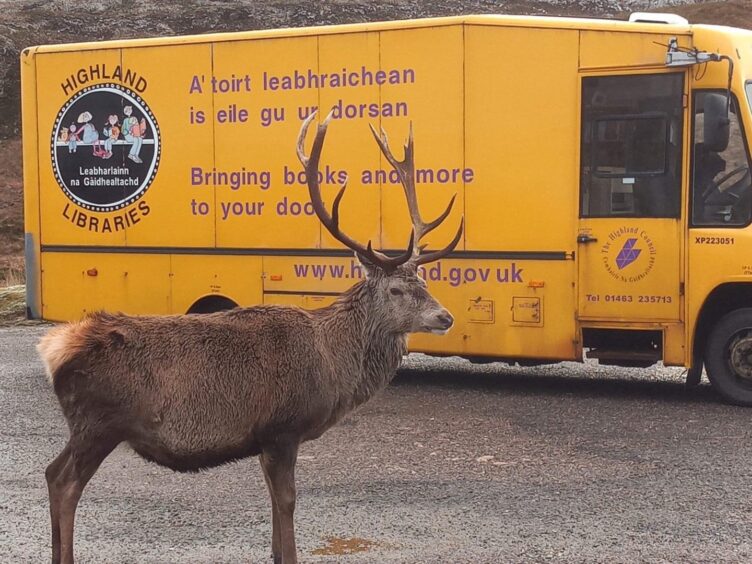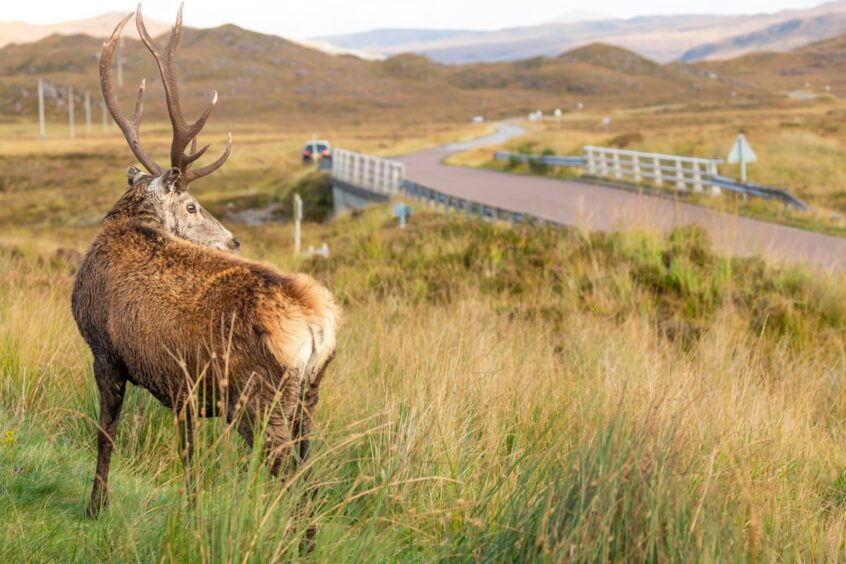An “inappropriate diet” rotted the teeth of a famous Highlands red deer stag in the lead up to his death.
‘Callum’ the stag, who lived in Torridon, was also suffering from ‘abdominal distention’ as a result of a poor diet.
He had to euthanised last week due “poor health”, to the dismay of locals.
Many people had become concerned about his health, with some saying he had become “very thin” over the winter.
The National Trust for Scotland (NTS) said there was no other option but to put “humanely” put him down.
At more than 20 years old, Callum lived longer than most of his species and had numerous health complications.
Experts for the NTS they “cannot say that it was public feeding which directly led to Callum being put down”. He was also 20 years old, which is older than wild red deer usually reach.
He also had complications including arthritis.
However, a veterinary report states that an “inappropriate diet” had impacted his teeth, which were mostly missing as deer regurgitate food to aid with digestion.
The report also stated that he had “abdominal distention”, meaning that the fibrous material he was eating was being poorly digested.
In addition, “loose faecal material” was most likely the result of “his poor diet”.
Putting stag Callum down was ‘kindest option’
An NTS spokesperson said: “We are saddened to say that following expert vet advice, Callum the stag, who was often found in the car park at Torridon, has had to be humanely put down.
“We know that many in the community, and visitors too, will be sorry to hear this.
“As a conservation charity, we take our responsibilities for animal welfare seriously and the advice was that this was the kindest option.”
“The expert vet assessment found that Callum was suffering pain and discomfort as a result of poor body condition, poor coat condition and arthritis.”
Feeding can ’cause unhealthy dependency’
The British Deer Society (BDS) warns people against feeding any kind of deer.
Online resources, published by the BDS reads: “Deer are great opportunists and some, especially those in parks or popular tourist spots, can quickly learn to overcome a natural fear of man in return for an easy mouthful or two.
“Regrettably, feeding deer and other wild animals can encourage an unhealthy dependency as well as having other potential consequences.
“All deer, even those accustomed to humans, are essentially wild animals.
“There have been instances when deer have developed unnatural levels of assertiveness after learning to accept food from human hands.”



Conversation